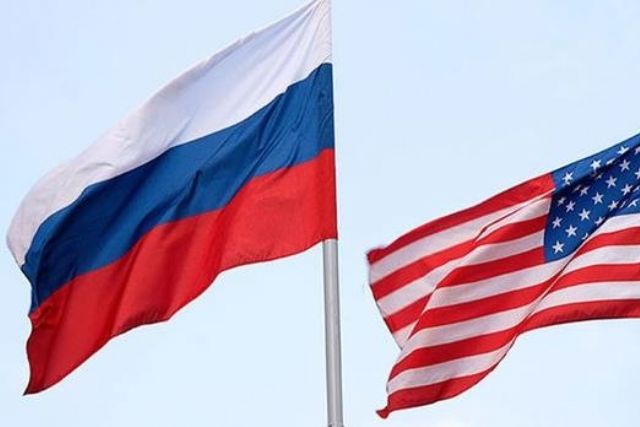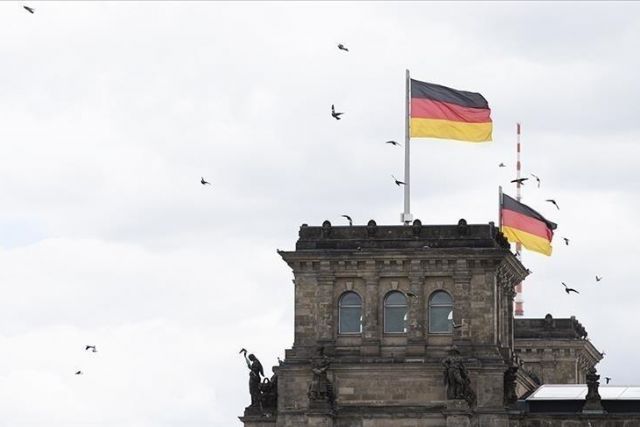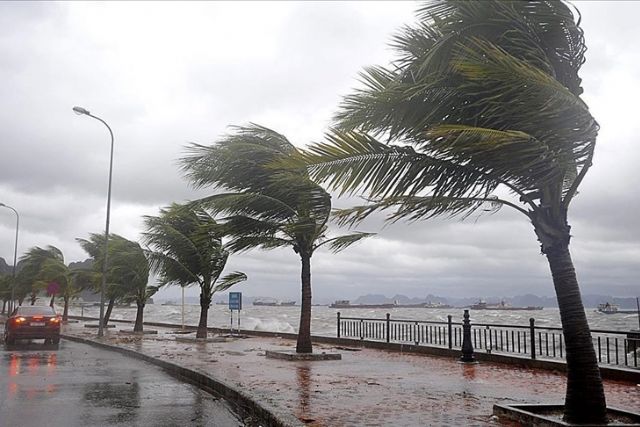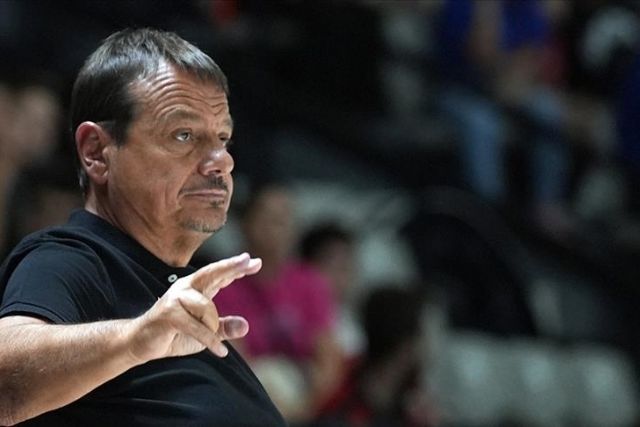US ready to start talks with Russia on security guarantees: Lavrov
Russian foreign minister says phone call between Russian presidential aide, US national security adviser showed readiness of US start dialogue

MOSCOW
The US has indicated its readiness to start a dialogue with Russia on security guarantees, Russian Foreign Minister Sergey Lavrov said Tuesday.
Speaking at a news conference following a meeting with Bosnia and Herzegovina's Foreign Minister Bisera Turkovic in the Russian resort city of Sochi, Lavrov said a recent phone conversation between Russian presidential aide Yuri Ushakov and US national security adviser Jake Sullivan was a response to the "organizational side" of the issue.
This phone call showed “the readiness of the United States to start a dialogue on a bilateral line and on issues of Russia-NATO relations," he said.
Lavrov added that there is an understanding about the format in which the talks should be held and which bodies to include.
"At a certain stage, these issues need to be seriously considered within the OSCE [Organization for Security and Cooperation in Europe],” he said, “first of all, proceeding from the fact that it was there that all the Euro-Atlantic countries at the highest level signed up to the principle of equal and indivisible security, according to which none of them, none of us -- OSCE members -- pledged not to strengthen their security at the expense of infringing on the security of others.”
Lavrov answered affirmatively to the question of Russia's readiness to discuss US security concerns, adding that as of today, Washington has not expressed any.
As for possible NATO expansion at the cost of Georgia, Lavrov said: "Our position on NATO enlargement is well known. If NATO continues to move towards our borders, this will be our red line," he said.
Turning to the situation in the Balkans, he reaffirmed Russia's support for the Dayton Agreement, which includes the independence, sovereignty and territorial integrity of Bosnia and Herzegovina.
"We are convinced that Bosnia and Herzegovina is an established state, that the foundations laid by the Dayton Agreement should be fully respected, and of course, we consider attempts from outside to lead the processes in this sovereign country to be atavism, which should be immediately eliminated.
"Only the people of Bosnia and Herzegovina should determine their fate within the framework of the constitutional scheme for the distribution and decision-making of powers," Lavrov added, noting that all of the problems arising in the Balkans should be resolved through a dialogue at the regional level.
For her part, Turkovic expressed concern about the decisions taken by the National Assembly of the Republic of Serbia on the transfer of the powers of partner institutions such as the armed forces, tax administration and judicial system institutions belonging to the state of Bosnia and Herzegovina to entity institutions.
"The Bosnian people are in fear because of these decisions. The implementation of these decisions could destabilize Bosnia and Herzegovina and the entire region and destroy the progress we have achieved in 26 years. Our position is that all problems should be solved together with Bosnia and Herzegovina and not in one-sided formats," she said.
She also noted that Bosnia and Herzegovina opposes Russia regarding the position of the High Representative Office of Bosnia and Herzegovina and called for preserving it.
Turning to cultural relations, Turkovic expressed hope to receive from Russia the original version of the Charter of Ban Kulin, known as the first state document of Bosnia and Herzegovina and written by Ban Kulin, the ruler of the Bosnian State of the period in 1189.





